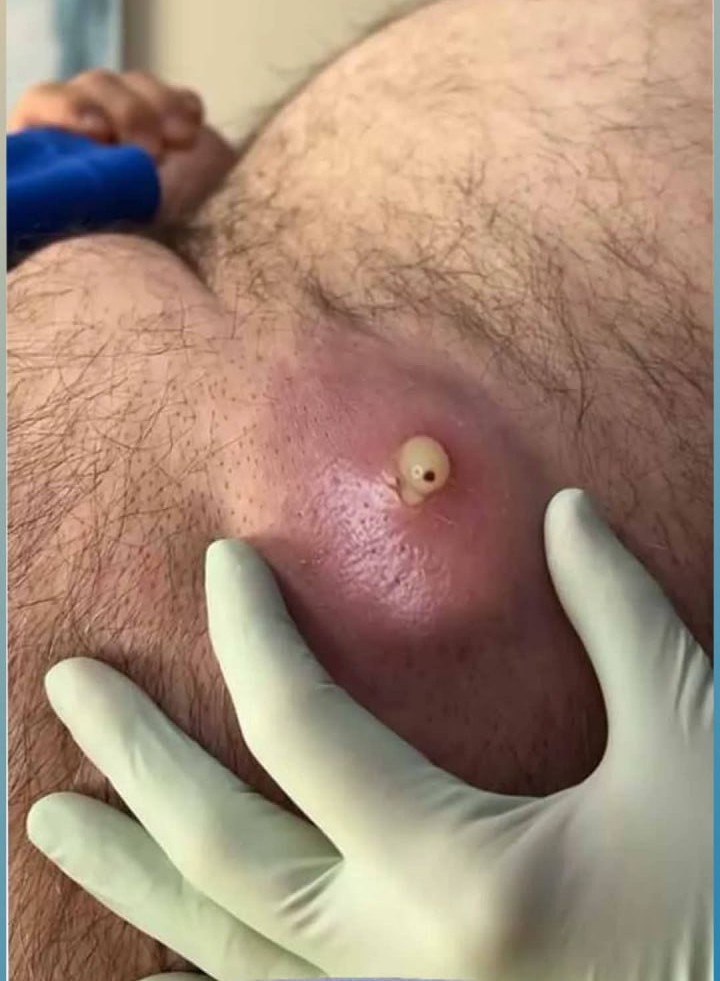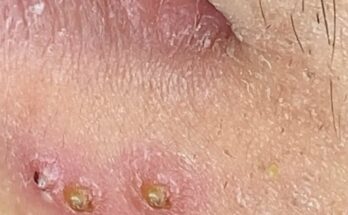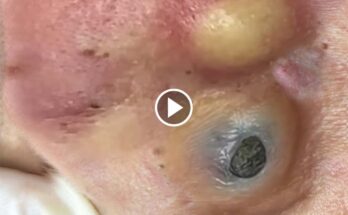Spotting early reactions—whether allergic, medical, or emotional—is key to ensuring safety and quick intervention. Whether you’re a parent, caregiver, teacher, or healthcare professional, being able to recognize the warning signs early can help prevent more serious outcomes.
1. Know the Common Symptoms
Reactions can vary, but some common early signs include:
-
Skin changes: rashes, redness, hives, or swelling
-
Respiratory symptoms: sneezing, coughing, wheezing, or shortness of breath
-
Digestive issues: nausea, vomiting, or stomach pain
-
Behavioral changes: sudden tiredness, confusion, or irritability
These symptoms can appear within minutes or gradually over hours. Always take new or unusual symptoms seriously.
2. Monitor After New Foods or Medications
Allergic reactions often occur shortly after introducing a new food, medication, or substance. Keep a close eye during the first few hours, especially in children or individuals with known allergies.
3. Don’t Ignore Mild Symptoms
Even minor symptoms like itching, mild swelling, or dizziness can be early warning signs. Document what you notice and act early by seeking medical advice or removing the suspected trigger.

4. Know When It’s an Emergency
If someone has difficulty breathing, swelling of the face or throat, a rapid heartbeat, or loses consciousness—call emergency services immediately. These could indicate anaphylaxis, a severe allergic reaction that requires urgent treatment.
5. Trust Your Instincts
If something seems off, it probably is. Early action can reduce complications and lead to faster recovery.
Recognizing early reactions is about staying alert and responding calmly. With knowledge and quick attention, you can help keep yourself and others safe from potentially serious health issues.



